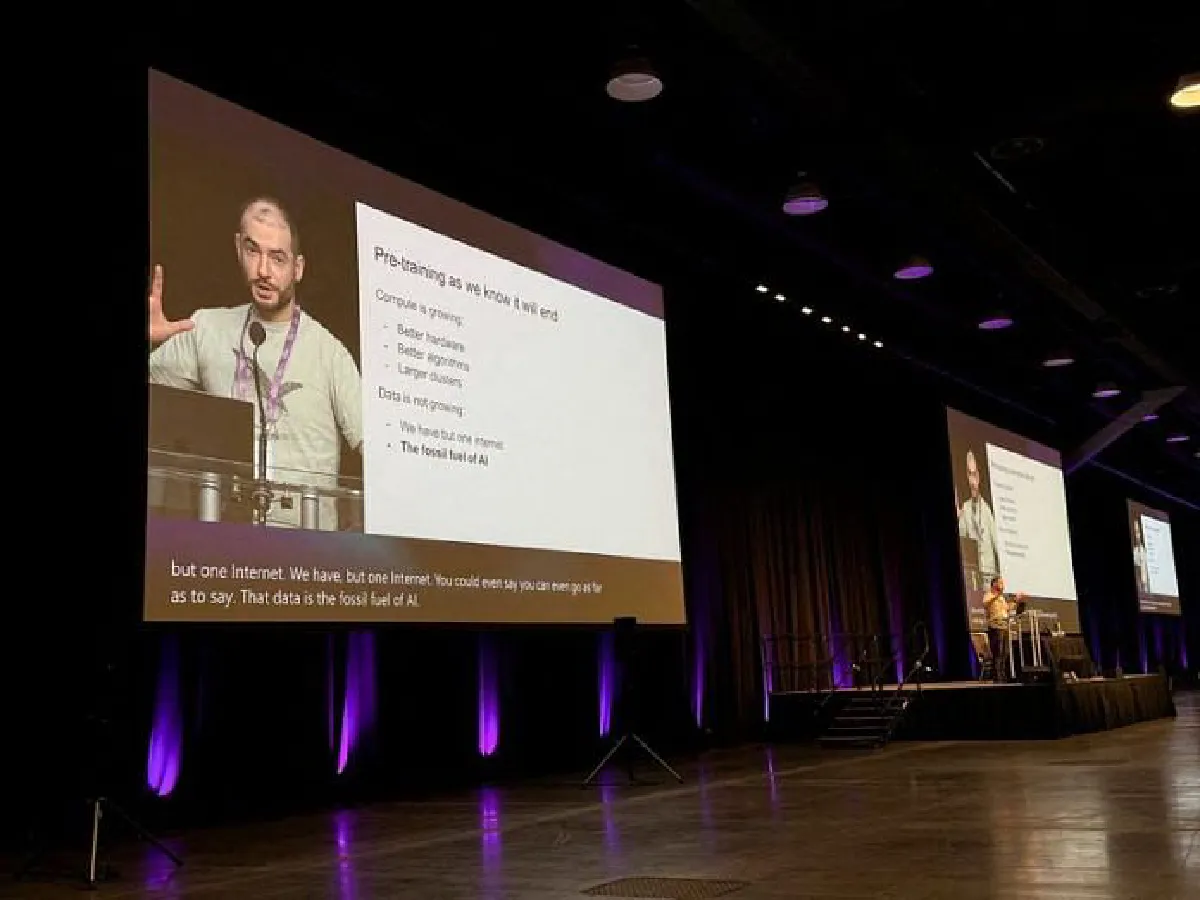Deep in the cavernous conference hall here, on math-filled posters or in lively talks, there could be a breakthrough in artificial intelligence in the works.
Over the last week, over 16,000 computer scientists and other travelers gathered in British Columbia for NeurIPS, or the Conference on Neural Information Processing Systems, which has grown to be AI’s largest annual event.
Long shrouded in mystery, AI’s best minds have gathered for the event since 1987, initially in Denver, then in Vancouver and other cities. More lately, these scholars have emerged as industry sensations, helping to shape the future of technology and global economics.
Last week, rock stars in the industry shared their visions for the future of AI with their aspiring colleagues gathered in an exhibition hall. “The new ladder to climb,” stated Stanford’s Fei-Fei Li, “is the 3D ladder, which I call spatial intelligence.” She compared depending on 2D data from the internet to designing AI for a “flat earth.”
The meeting is no longer as intimate as it was decades before, when a group of outliers might squeeze into a hotel bar. It has become a fertile area for firms to promote their products and entice academics into new profitable ventures. Attendees recalled that Meta Platforms CEO Mark Zuckerberg appeared in 2013. This year, prominent corporations Alphabet, Meta, and Microsoft timed their AI announcements to coincide with the event.
The crowds were so large that NeurIPS started a day later than usual, so AI experts wouldn’t have to compete for hotel rooms on the same night as a Taylor Swift concert. By Friday, with two days of events remaining, three of four urinals in the men’s toilet near a main entrance were damaged and covered with plastic due to obvious usage.
At the ‘Twisty and Tangly’ conference, AI “godfather” Yann LeCun pondered on the past. Attendees recall hundreds of academics, almost all known faces, displaying posters on issues such as Bayesian statistics and debating them late into the night in a Vancouver Hyatt hotel.
LeCun, Meta’s lead AI scientist, told reporters that he could no longer look at the posters that had been a staple.

